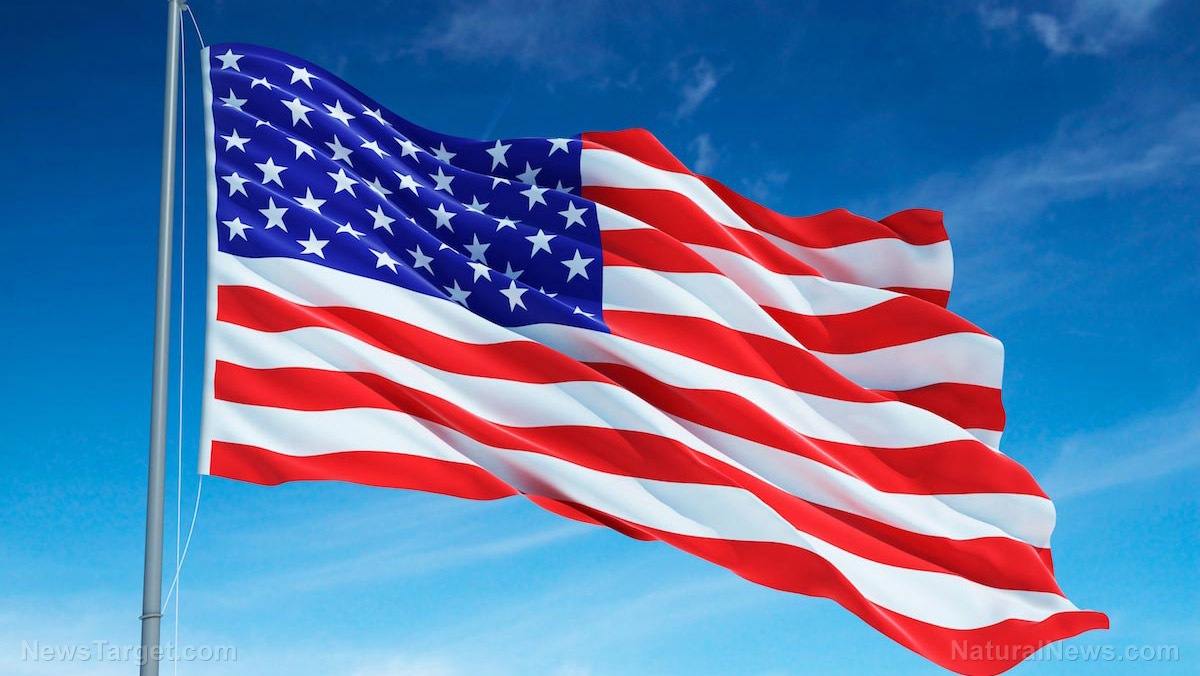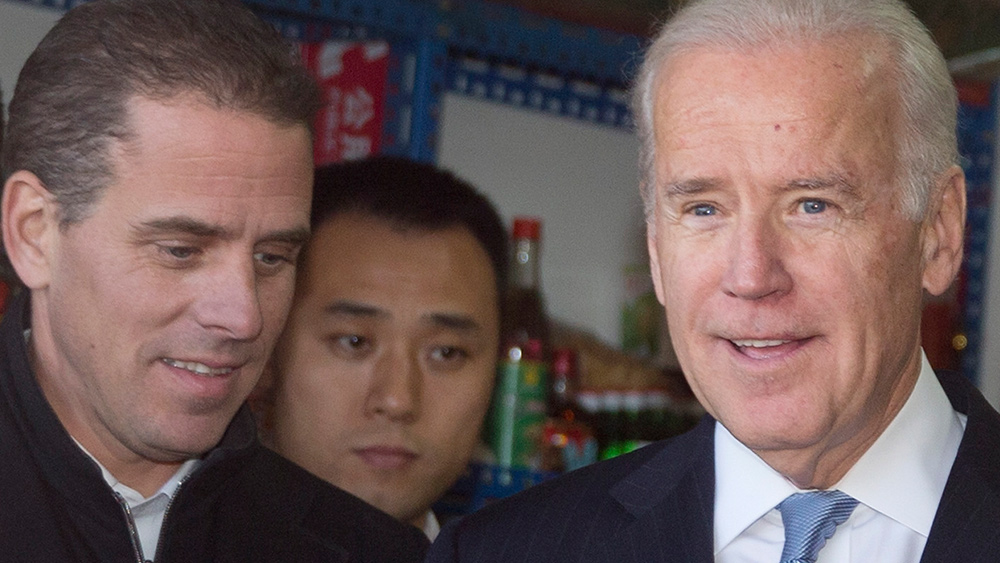 Parler
Parler Gab
Gab
Czech Republic's support for Ukraine, sanctions against Russia fuel protests
Since the beginning of Russia's special military operation in Ukraine, the Czech Republic has emerged as one of Kyiv's main partners, along with other countries in the EU like Poland and the Baltic States (Estonia, Lithuania and Latvia). Fiala's government signed up with the rest of the EU's sanctions against Russia almost immediately and has taken a tough stance over the conflict. According to data from the Czech Ministry of Defense, Prague has provided Ukraine with around 1.9 billion euros ($1.89 billion) worth of military equipment – everything from tanks to ammunition. It has also provided Kyiv with 168 million euros worth of other types of support ($167 million). Over 450,000 Ukrainian citizens have also become refugees in the Czech Republic, all of whom have been given visas, granting them access to taxpayer-funded social services such as healthcare and financial aid. All of this has led to skyrocketing energy prices and inflation – which reached 18 percent in September year-over-year. This has pressured Fiala's government to pass a series of measures to cushion the blow of mounting operating costs for businesses and cost of living for everyone else, including providing companies with financial aid and instituting price caps on power and natural gas for households and small businesses. "Russia's not our enemy, the government of warmongers is the enemy," said one speaker at the protest. Visit NewEnergyReport.com for more news about social unrest due to ongoing energy crisis in Europe. Watch this short clip featuring tens of thousands of Czech people marching through Prague. This video is from the GalacticStorm channel on Brighteon.com.More related stories:
Hungary, Serbia building pipeline for Russian oil and gas to dodge EU sanctions. WARMING NOW GOOD: Left-wing environmentalists in Germany now pray for warm winter amid coming energy shortage, skyrocketing prices. GOT HEAT? Polish households burn TRASH for heat as Western sanctions against Russia deprive Europe of energy. Thousands of Britons take to the streets to protest against rising inflation and cost of living. Swedish government tells citizens to build "indoor blanket huts" this winter to avoid freezing to death. Sources include: MSN.com DW.com Reuters.com Bloomberg.com Brighteon.comBy Lance D Johnson // Share
JD Rucker warns of CATASTROPHIC things to break the US supply chain starting right now
By Kevin Hughes // Share
Governments continue to obscure COVID-19 vaccine data amid rising concerns over excess deaths
By patricklewis // Share
Tech giant Microsoft backs EXTINCTION with its support of carbon capture programs
By ramontomeydw // Share
Germany to resume arms exports to Israel despite repeated ceasefire violations
By isabelle // Share










